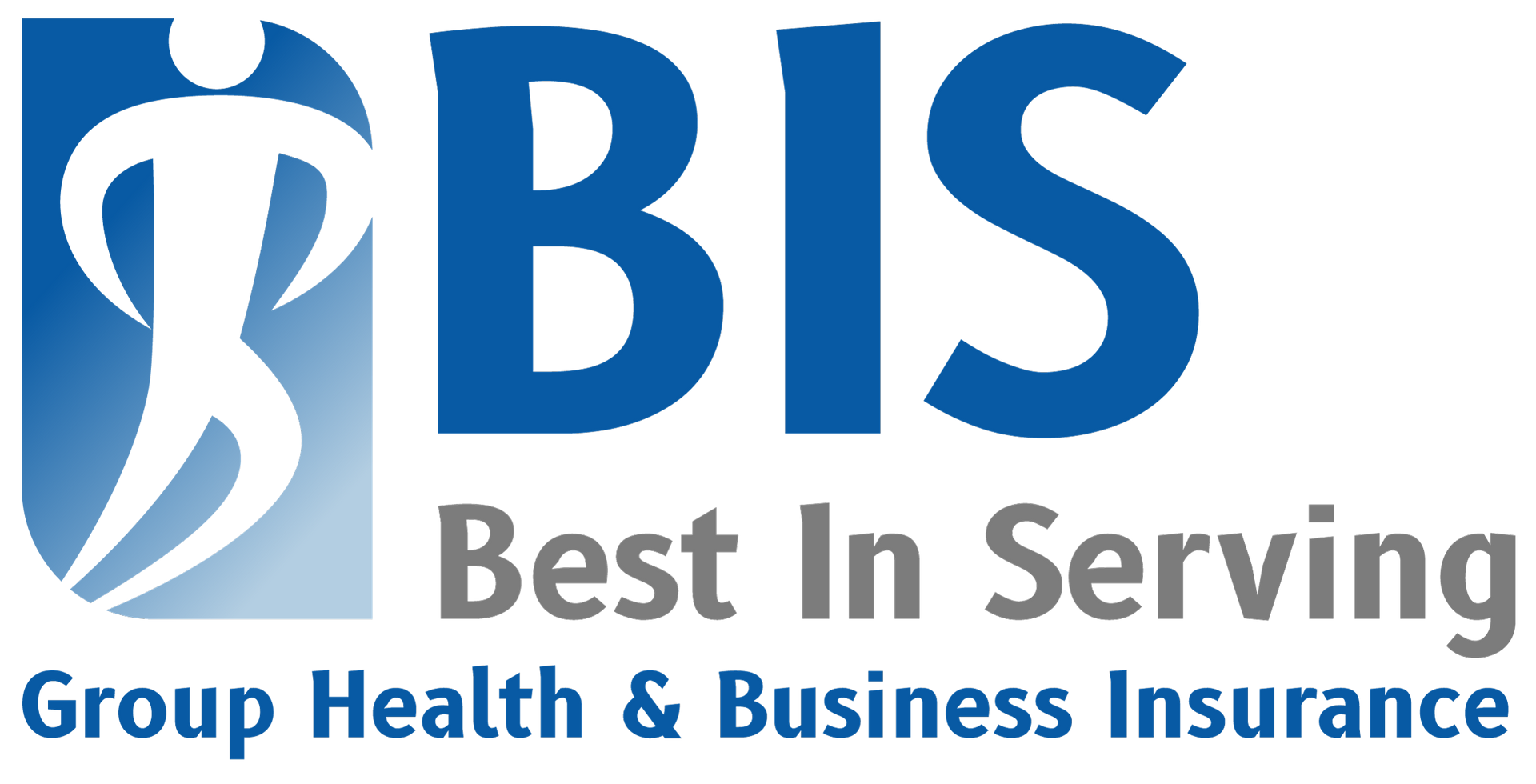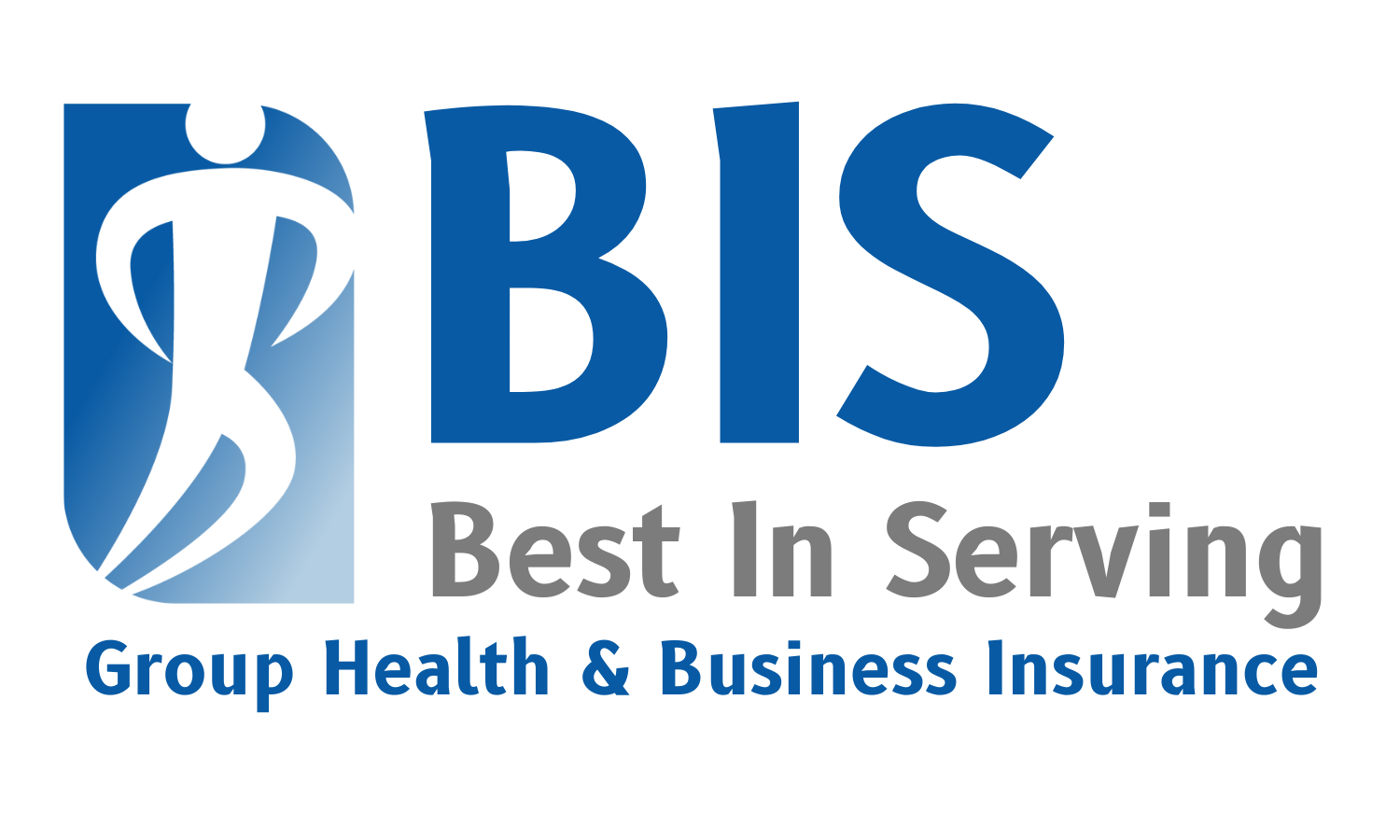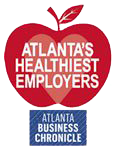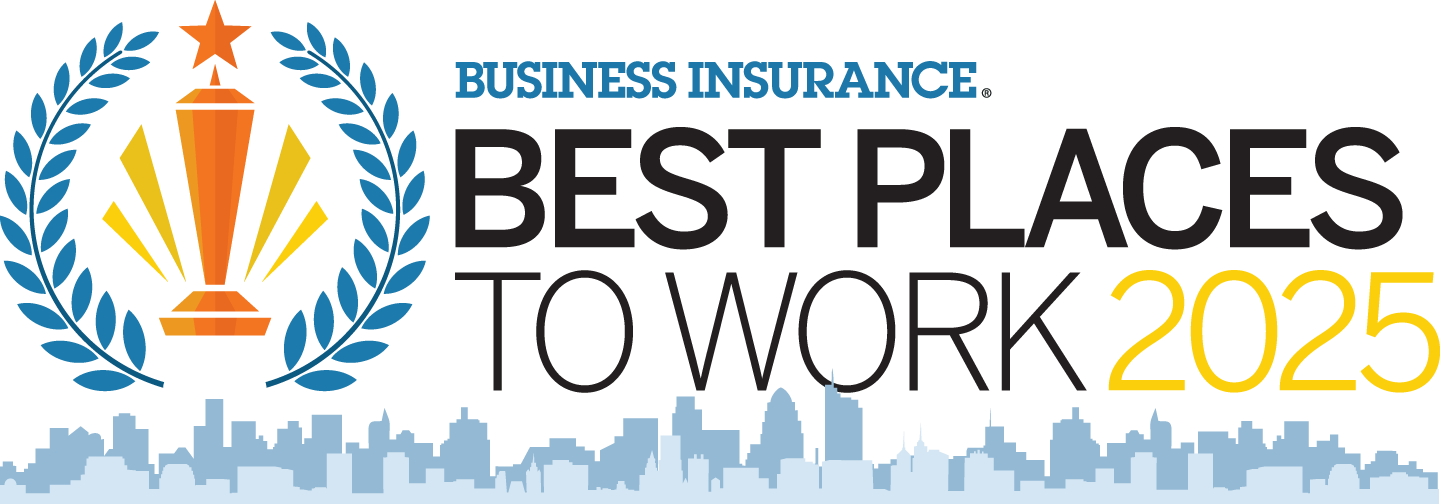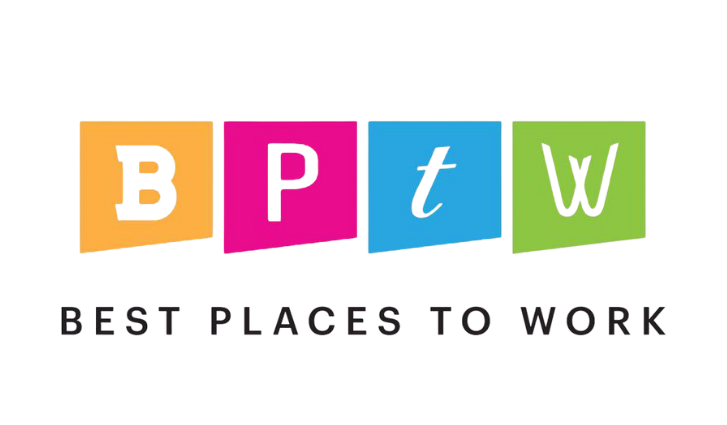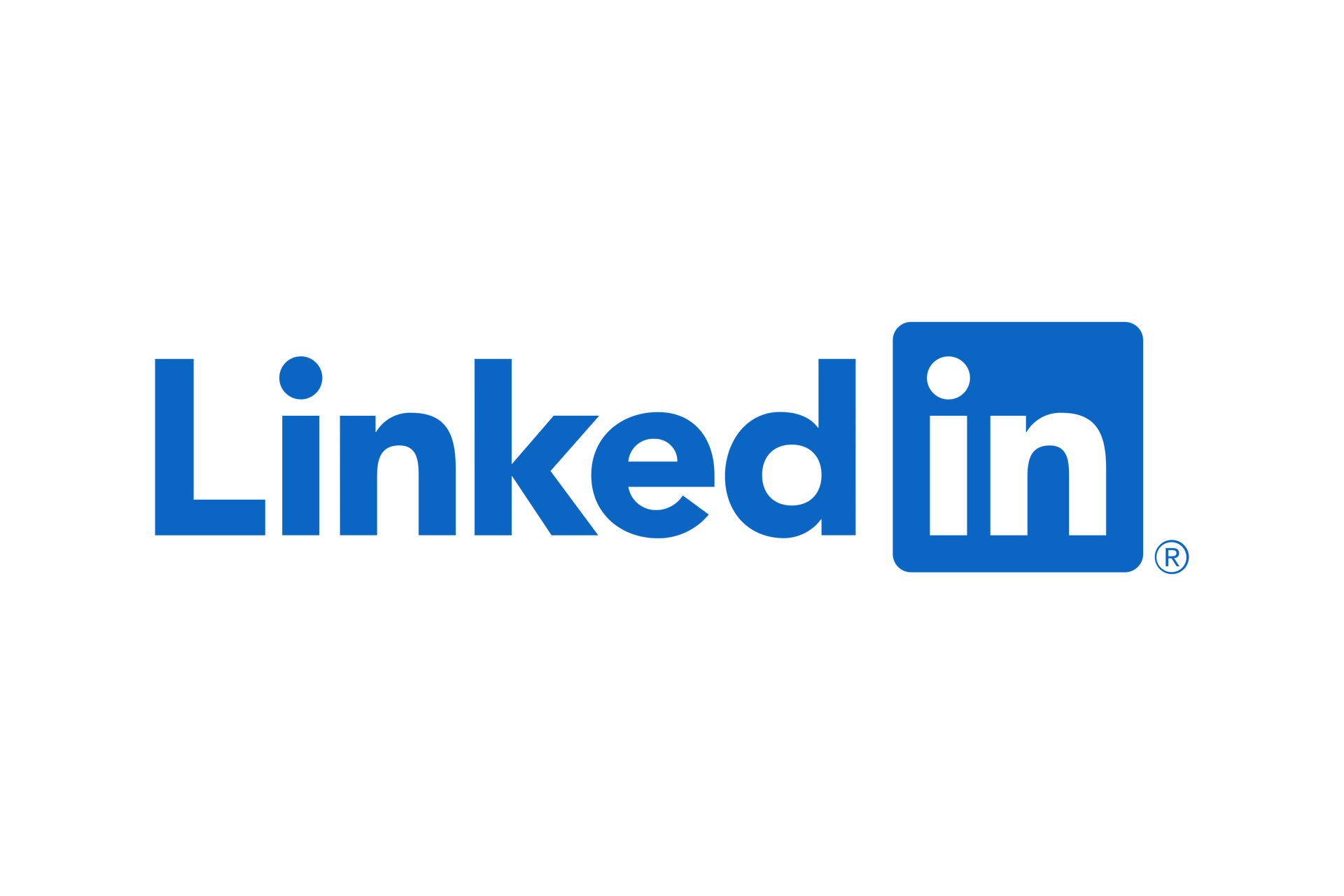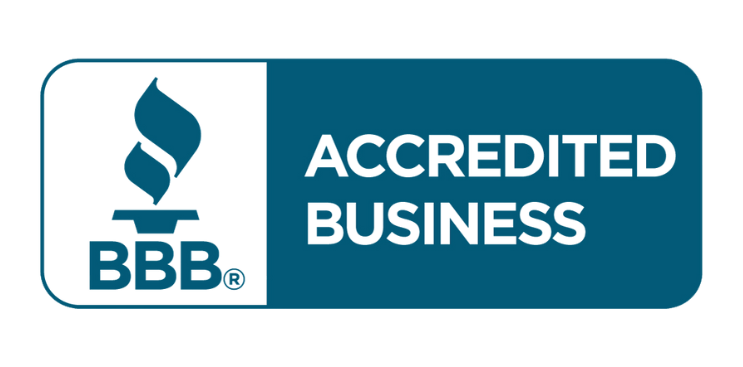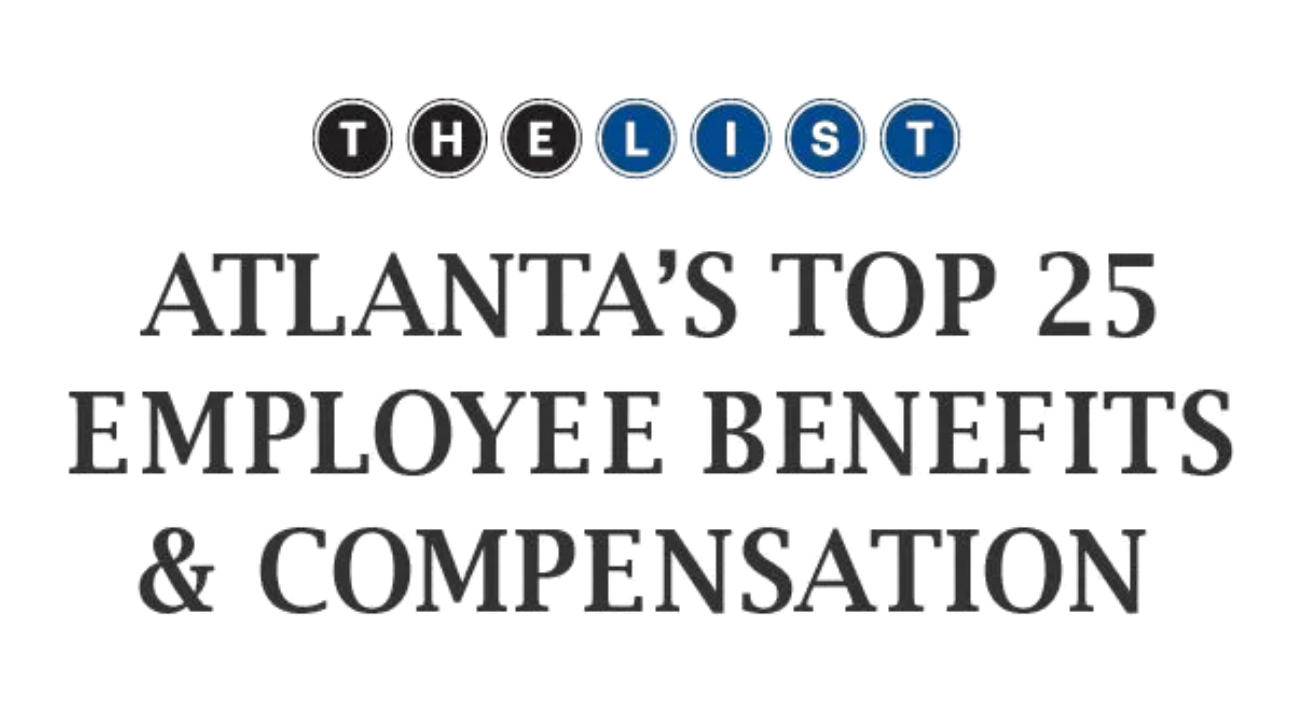Group Health or Business Insurance,
We are the Broker for You.
Secure your business, protect your team with BIS Benefits - your one-stop-shop for insurance solutions!
Group Benefits Packages
BIS provides comprehensive employer-sponsored group health, dental, vision, life, short & long term disability, FSA, HSA, and supplemental policy offerings. We offer new hire open enrollment software through Employee Navigator that helps with all the administrative headaches along with our five-star customer service team.
We represent all the major insurance carriers and broker all of them every year to give you the best rates and options for your staff. BIS handles COBRA and takes care of all the administrative back end details to help you focus on growing your business and not thinking about healthcare.
Business Insurance Plans
Whether you need business insurance, general liability, property, workers compensation, commercial auto, cyber, errors and omissions, bonds, directors and officers liability, employment practices liability, international package policies or risk management services.
BIS brokers with the top insurance carriers in the marketplace with these products to bring you competitive rates and comprehensive coverage.
Your One Stop Business Insurance Agency
BIS can handle either just your health insurance offerings or your business insurance needs. Some clients want the convenience of an agency that handles both.
Our employee benefits consultants would love to talk to you to see if we can help. Please contact us and we can set up a conversation.

An Employee Benefits Broker
You Can Trust
Reasonable Prices
We will shop the market and find the most competitive rates for your company with all major carriers.
Above & Beyond Customer Service
It's more than providing a service - it's about serving our clients and creating real tangible relationships that are everlasting. At BIS we like to say, "Think Comcast and Do The Opposite."
Great Coverage
Servicing all your benefit and business insurance needs. Let our experienced agents and team place the right coverage for your business and staff.
Latest Insights
What Our Clients Say
Where We Work
BIS Benefits works with companies all around the state of Georgia, below are some of the cities our clients are located in:
Ready to Start?
Get Coverage Now
Let our employee benefits advisors at BIS be the first to let you know if we can help. Give us a call, ask a question through the chat, or fill out our Request A Quote form today, and a BIS representative will be back in touch with you shortly
Request a Quote
Allow BIS to aggressively shop the market for your Benefit and Business Insurance needs.
Call Us Today
770-515-9720
It's about the experience, communication and follow through. It's about you, your needs, and your uniqueness. Talk to a broker today.
